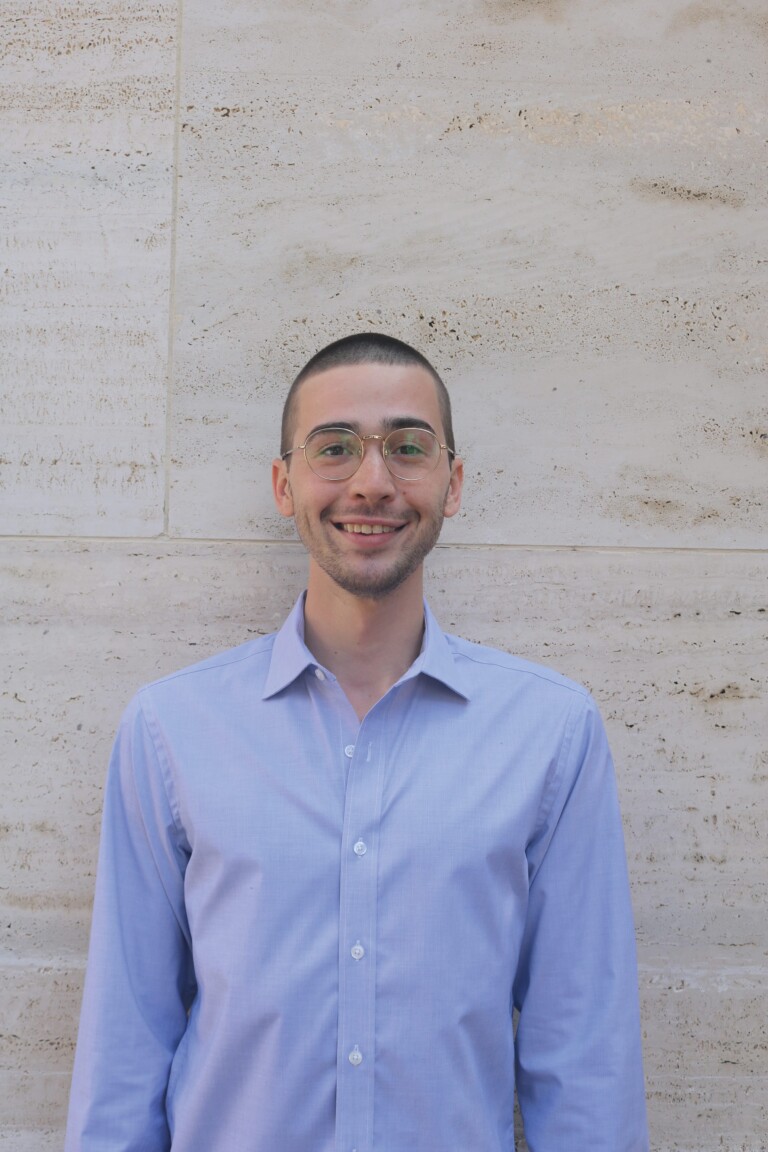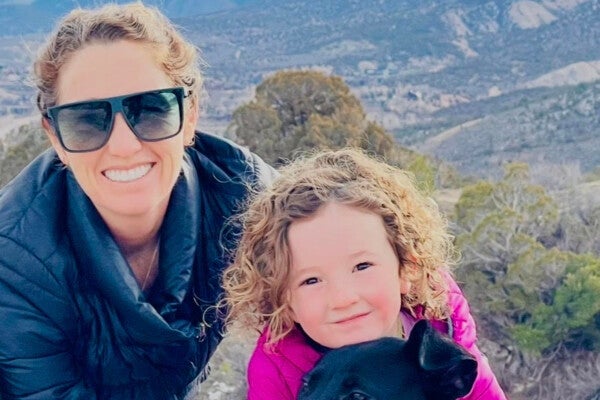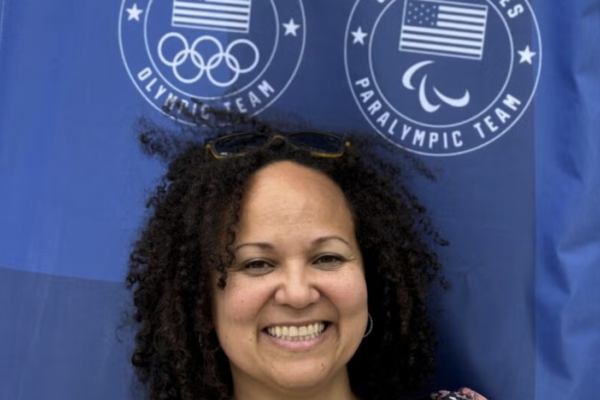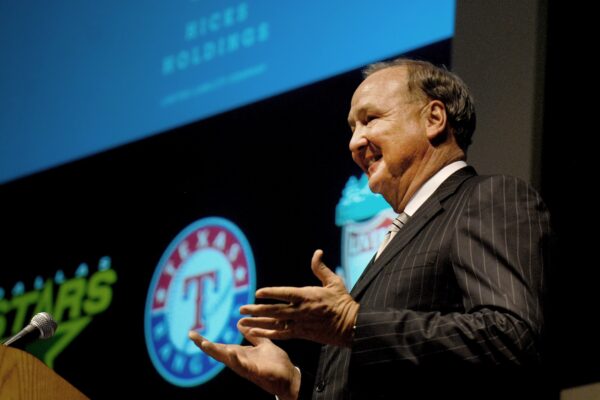Creative Pivot
Josh Tarplin, MPA ’24, on Finding His Passion for Auditing After a Career in Photography
Accounting wasn’t on Josh Tarplin’s radar as a career until he started running his own business, a photography studio he established in the U.K. While there, he discovered he was missing a key ingredient to running a successful long-term enterprise: an understanding of accounting that would provide a full picture of his financial health.

Tarplin started reading online about accounting and learned that it not only is integral to a business’s record-keeping, but is also important as a tool for guarding against fraud. He fell in love with the subject — so much so that he enrolled in McCombs’ Master in Professional Accounting program. He recently discussed his circuitous career and how he is carving a path forward with accounting.
You had a big interest in science, then started a creative business. How did that pivot come about?
I took a lot of science classes in high school, worked at the NIH (National Institutes of Health) doing research, and came to Yale as a chemical engineering major. But I also took a photography class, and I really fell in love with it. So, I double-majored in fine art and the history of art, with a focus on visual theory. My plan was to work as a fine artist, like a hermit in the studio. I started in fashion photography, a mix of the commercial and the creative, and I opened a studio in Los Angeles, working with Instagram brands and then companies.
When did it occur to you that accounting was important to study?
With my photography business, I started working in London more than in LA, and that’s where I first discovered accounting. I’d never known an accountant besides the nice woman who prepared my taxes. In running my studio, I didn’t have financial records. I didn’t know how to account for my expenses. So, I started giving myself an online education in accounting, and I really fell in love with it. It’s so different from art, but it supports any other endeavor you’re trying to pursue. Accounting is a really good framework, and whatever you’re doing — from operating Apple to designing and printing T-shirts — you have to have this knowledge to be able to function on your own in a commercial world, and also to protect yourself.
What has been your experience in the MPA program?
I’m loving it. It’s a discipline that’s internally consistent, which is very rare. But at the same time, there’s so much creativity and room for exploration. The classes I’ve found the most interesting have involved discussions of the issues between regulators and companies. The Accounting faculty are really interested in teaching what’s going on in the standards or in the Internal Revenue Code. It’s introducing an idea from a textbook and then giving the inside scoop as to how it functions. I’m so happy that I found something that I love as much as making art. I see photography as a weekend activity now.
What’s your plan for after you graduate?
I’ll be working at PwC in Houston. I really love auditing — seeing the forest through the trees of the numbers. I think that comes from my art history visual theory background. Numbers on a page symbolize this whole world of a company.
I’m interested in being exposed to different companies and the investigatory aspect, to find (or not find) fraud. It’s the idea that auditors are the guardians of the capital markets.
What would you tell students thinking about studying accounting at McCombs?
It’s the best program, and it’s not just the ranking that drew me. It’s got the best talent for both teaching and research. The program offers a holistic experience that you can take in many different directions. It’s a one-year ticket to know how to do anything in the world that involves people trusting you with money — which is really everything.
—Deborah Lynn Blumberg
About this Post
Share:


